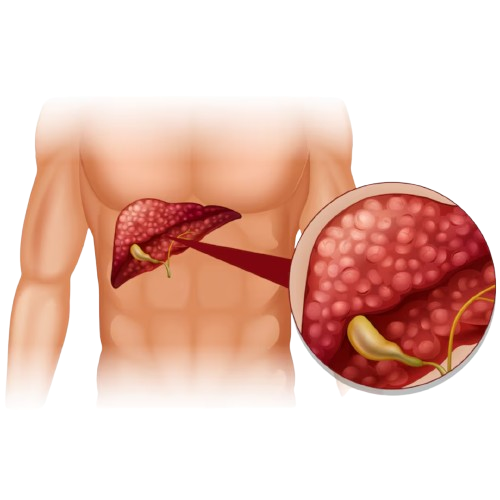When we think about staying healthy, most of us immediately picture a strong heart or healthy lungs. But have you ever thought about your liver?
It’s one of those silent heroes — working hard every single day without much attention. The catch is, when the liver starts having problems, it doesn’t always scream for help. It quietly sends signals — small ones at first — and if we miss them, things can get serious.
That’s why understanding liver damage symptoms early on is so important. It’s not about being paranoid — it’s about being prepared and giving your body the care it truly deserves.

Your liver is like the ultimate multitasker. It cleans toxins from your blood, helps you digest food, stores energy for when you need it, and even supports your immune system.
It’s doing all this behind the scenes while you go about your day — drinking coffee, working, laughing with friends.
But here’s the thing: when your liver is struggling, you might not feel anything right away. And when symptoms do appear, they can be easy to ignore.
That’s why paying attention to liver damage symptoms — even the subtle ones — can make a huge difference in catching problems early and staying ahead of bigger issues.
Our bodies are smart. They send us hints when something’s wrong — we just have to listen. Here are some signs your liver might be calling for help:
These liver damage symptoms might seem small at first — easy to brush off. But your body is trying to tell you something. Listening to it could change your life.
So, what can lead to liver damage in the first place? Sometimes it’s our habits, sometimes it’s things beyond our control. Here’s what you should know:
If you’ve noticed any of the liver damage symptoms we talked about — especially things like jaundice, swelling, constant fatigue, or mental fog — it’s a smart move to check in with a doctor.
There’s no shame in being cautious. In fact, it’s a sign that you’re paying attention to your health — and that’s powerful.
Simple blood tests and imaging can tell you a lot about how your liver is doing. Catching a problem early can make a world of difference.
Your liver is a quiet worker, always taking care of you. The least we can do is take care of it right back.
Being aware of liver damage symptoms — even when they seem small — gives you the chance to act early, get the right treatment, and protect your future health.
So listen to your body. Be kind to yourself.
And if something feels “off,” don’t wait. Get it checked out.
Your health — and your liver — will thank you.
